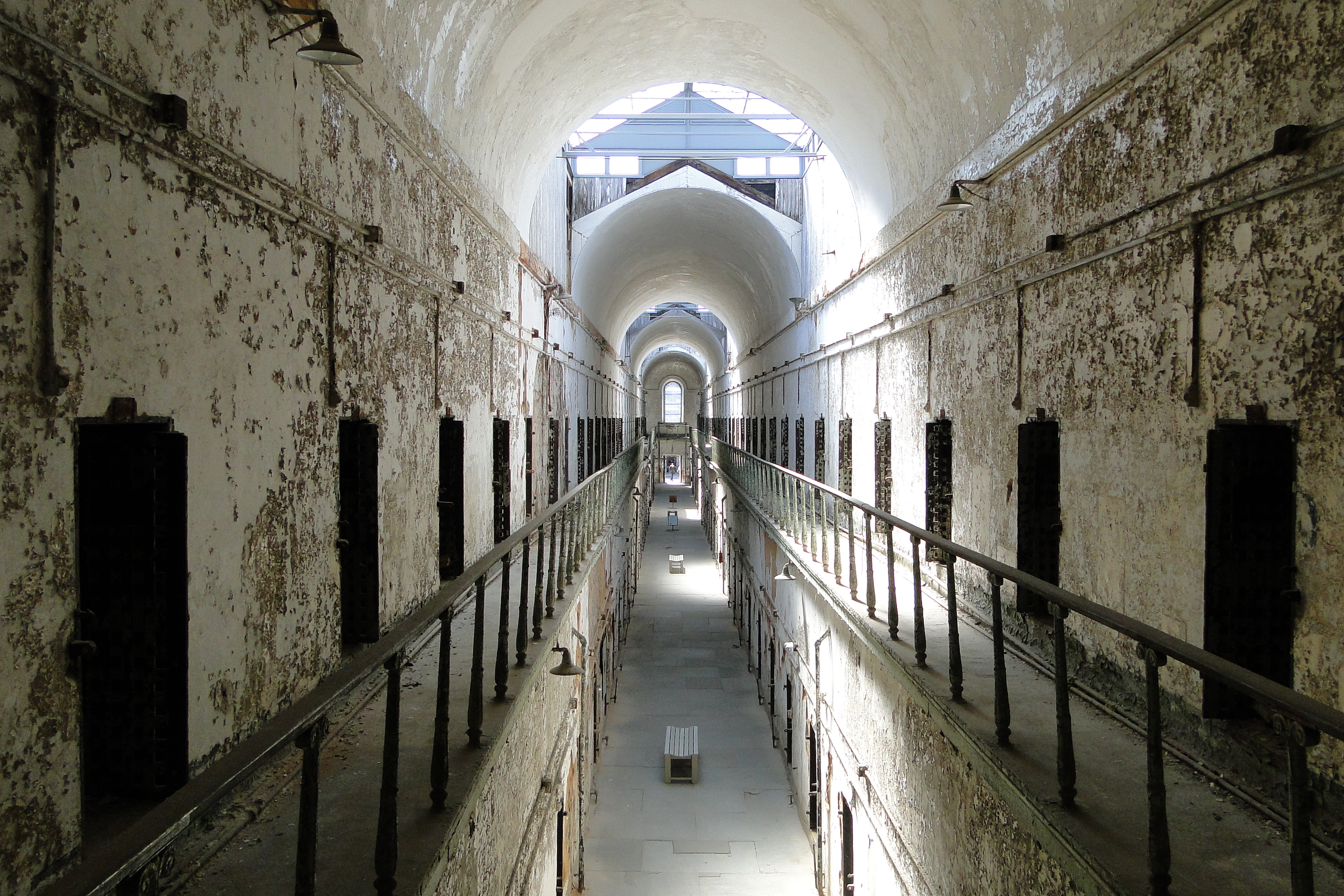
Philly wins $150,000 grant to reduce jail population
The goal of the program is for municipalities to increase the “just” in their justice systems.
Philadelphia has received a $150,000 grant from the MacArthur Foundation as part of a $75 million nationwide “Safety and Justice Challenge.”
The goal of the program is for municipalities to increase the “just” in their justice systems. Philly was one of just 20 jurisdictions selected to participate after a highly competitive selection process with over 200 applicants from 45 states.
Mayor Michael Nutter said that the money will help the city “find alternatives to incarceration for low-level offenders, reduce recidivism by increasing opportunities for returning citizens and keep truly dangerous, violent criminals off our streets.”
Throughout his administration, Nutter has worked with the District Attorney’s Office and Criminal Justice Advisory Board to lower incarceration rates throughout the city, and going by the numbers, their efforts are working: the prison population has dropped by over about 1,000 inmates, and the city’s homicide rate is the lowest its been in the last half century.
But the next mayor of Philadelphia — either Democratic candidate Jim Kenney and Republican Melissa Murray Bailey — will inherit a torch with a hot handle.
Despite that a lower incarceration number, the prison system is still overcrowded. The jails are equipped to handle some 6,500 prisoners, 1,500 fewer than we currently lock away. City Council has been talking about a new $7.2 million prison facility to replace the squalid House of Corrections on State Road in Northeast Philadelphia.
In the long run, reducing our total inmate population will be a tougher problem. Some legal experts and criminal justice studies in other states hold that that achieving lower figures means drastically reforming at the War on Drugs.
Should the money make progress, Philly could receive additional funding for the cause in 2016. As many as 10 of the jurisdictions selected will receive an additional grant between $500,000 and $2 million over the following two years.



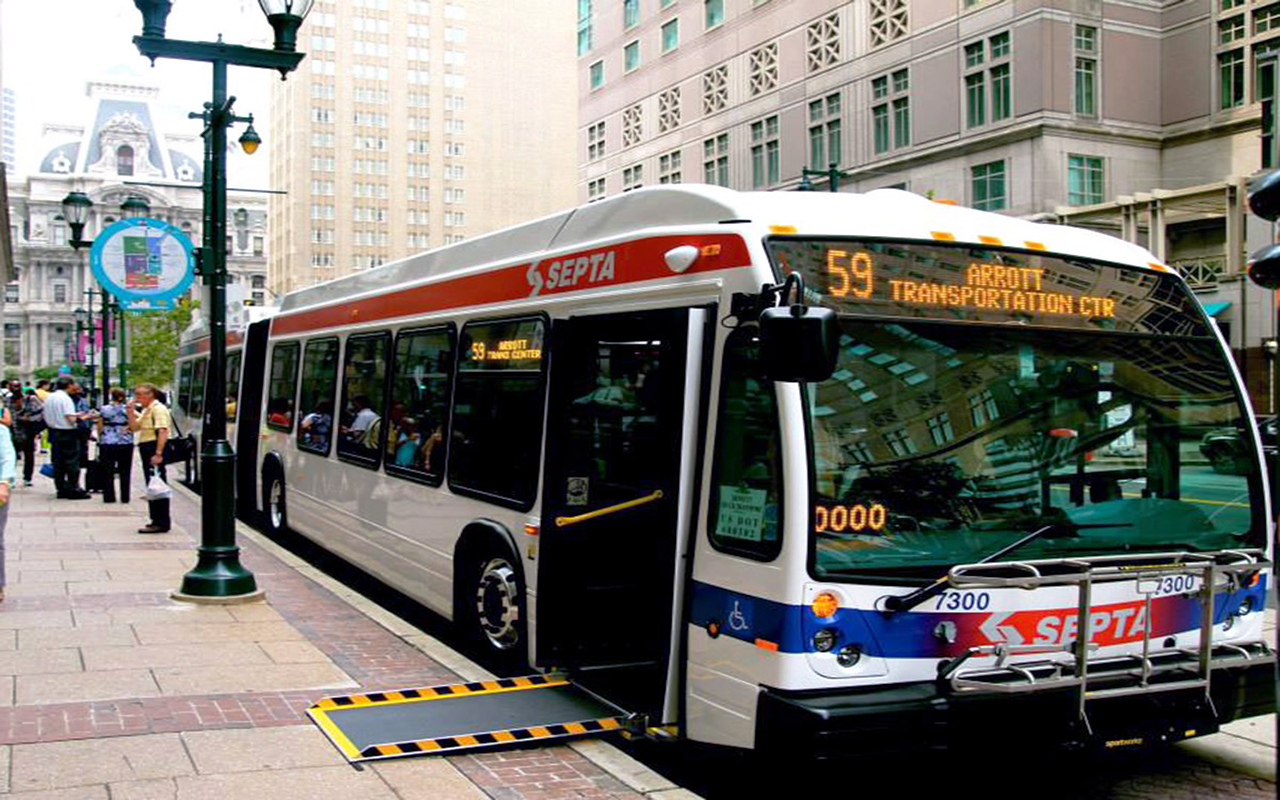
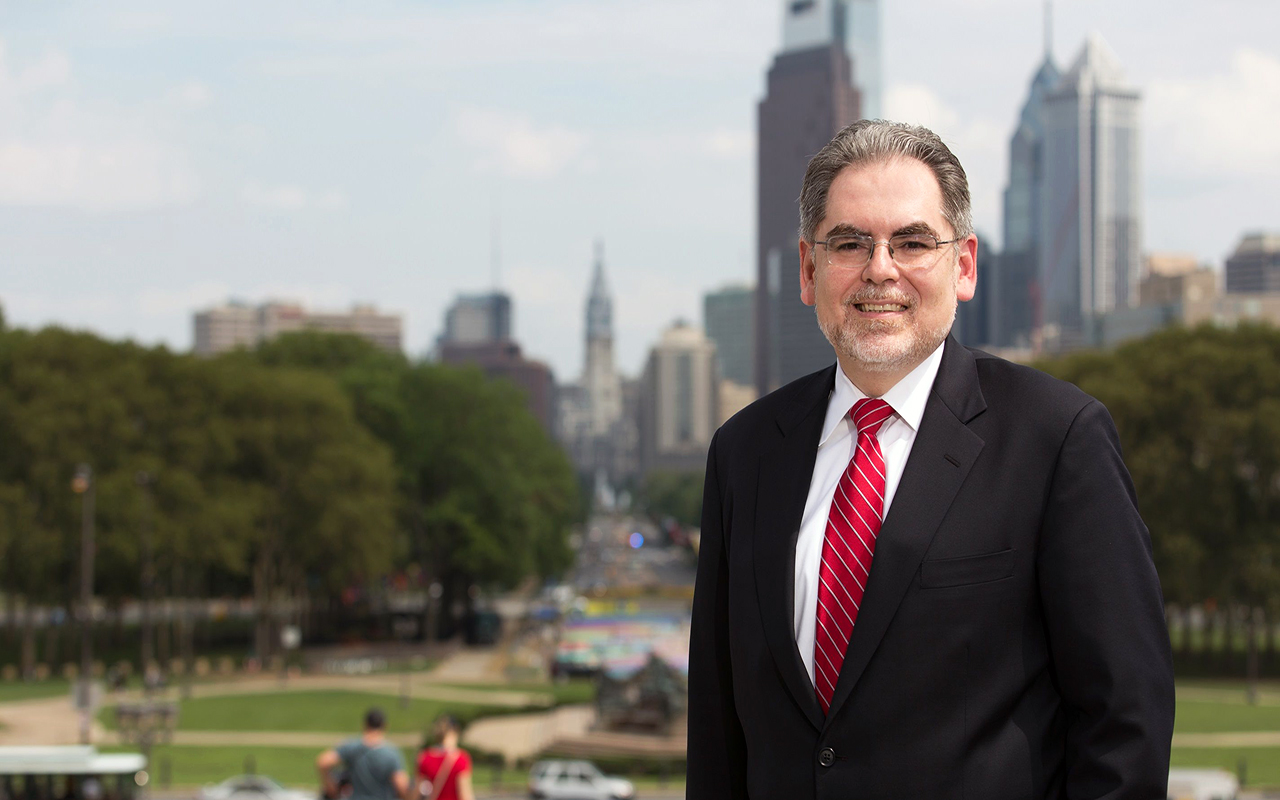

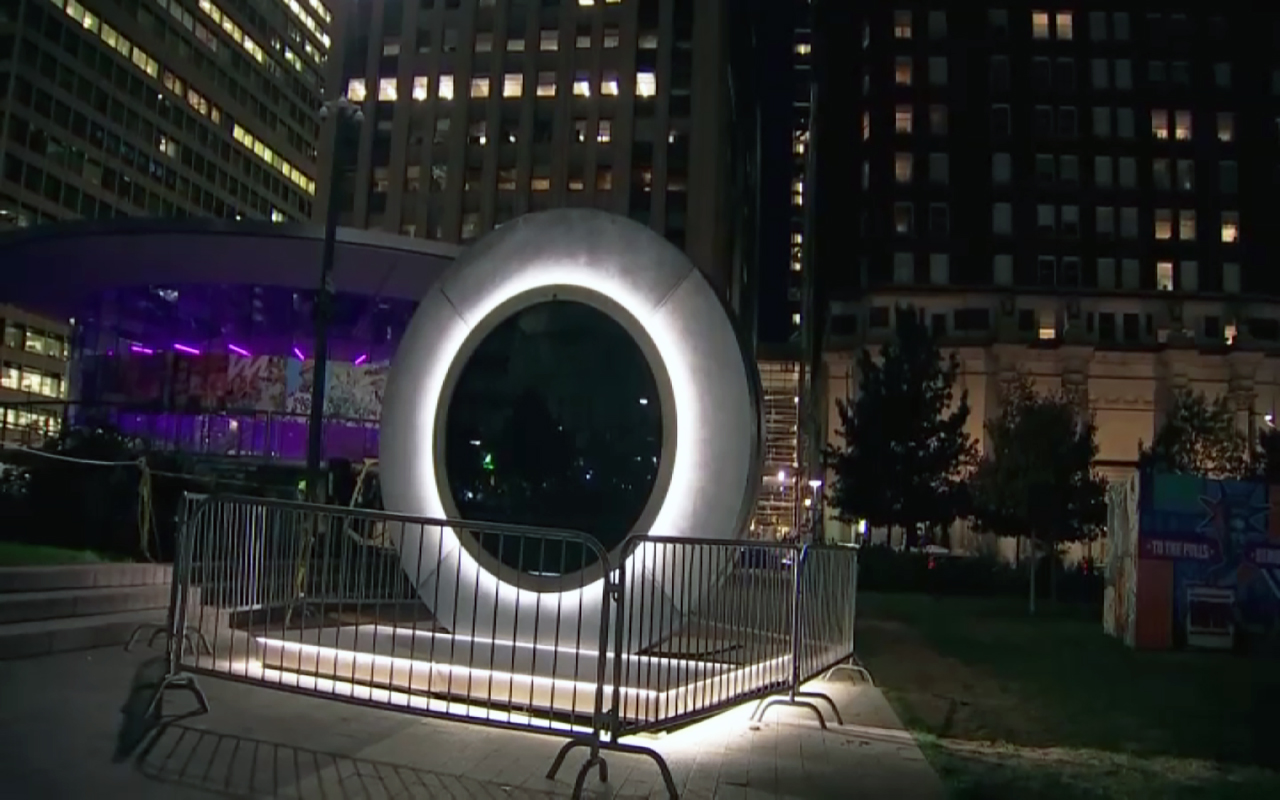

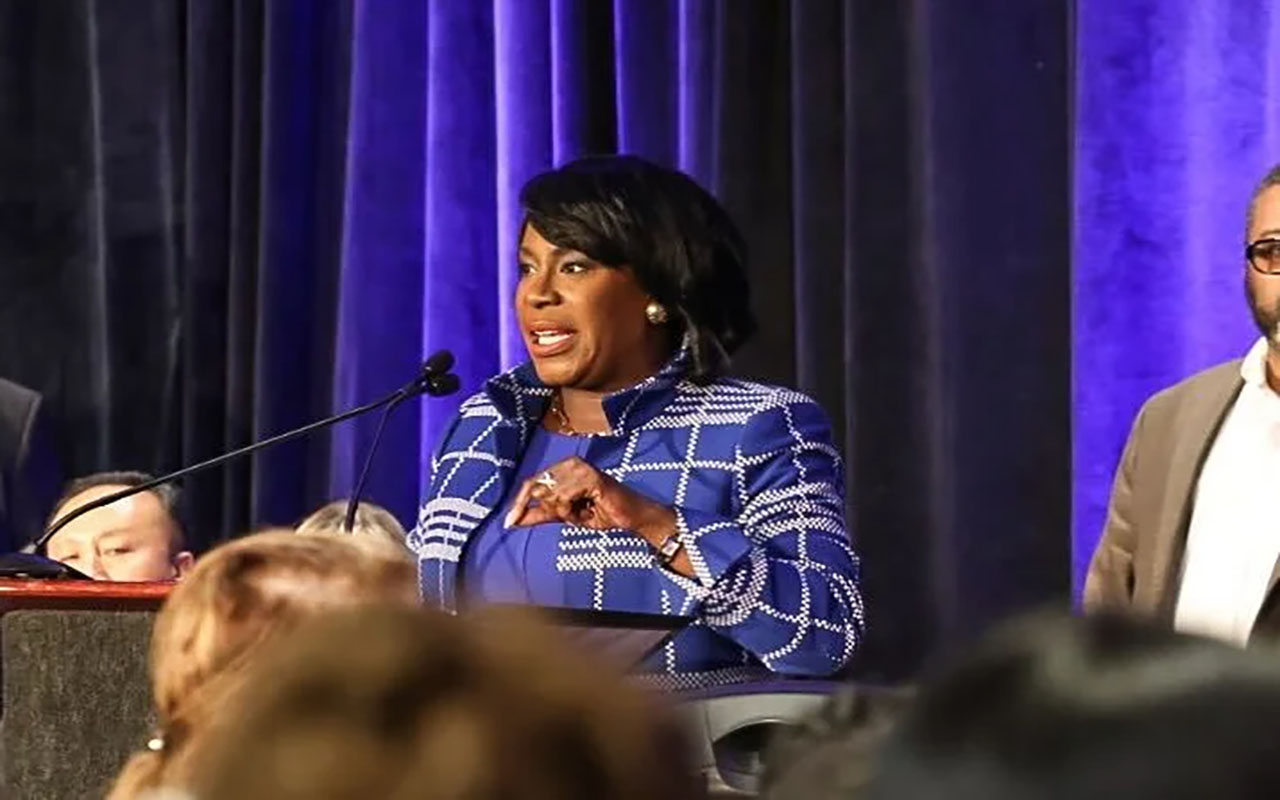

LEAVE A COMMENT:
Join the discussion! Leave a comment.